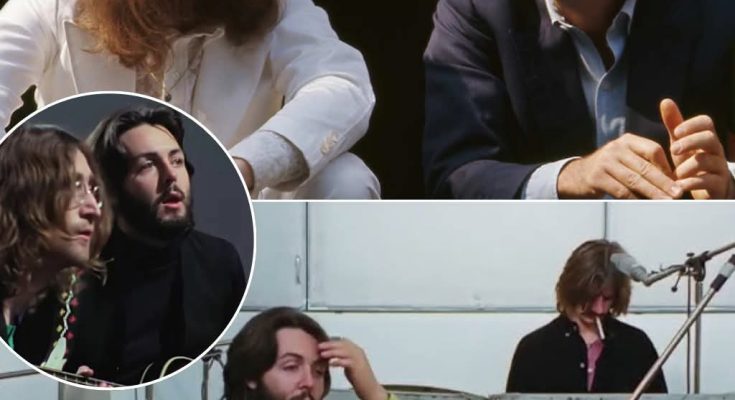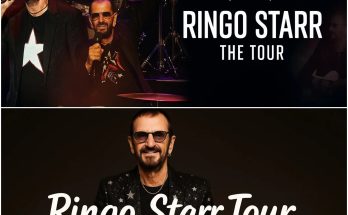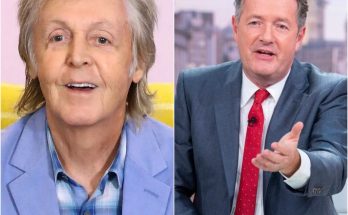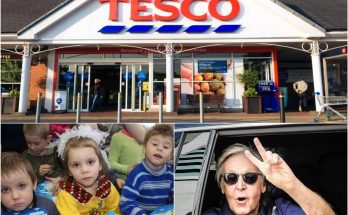It was a glimpse behind the curtain of genius—one that fans thought they might never see. In The Beatles: Get Back, Peter Jackson’s groundbreaking documentary, cameras captured Paul McCartney and John Lennon not as icons, but as two friends speaking with rare honesty about what their music truly meant.
In a quiet exchange, the men who built a revolution admitted something profound: their greatest joy wasn’t fame, or fortune, or the roar of millions. It was each other. Every lyric, every riff, every half-finished melody was a gift traded back and forth, a secret conversation in music that only they could understand.
Viewers watched them laugh, argue, and harmonize—two young men bound in rivalry, yet lifted by an unshakable trust. For all their differences, their partnership was not about ego, but about the shared heartbeat of creation. “I write it for you, and you write it for me,” Lennon once hinted, and in Get Back, fans saw exactly what he meant.
The rawness of those moments shattered the mythology of the Beatles as untouchable legends and replaced it with something more intimate: friendship. To witness McCartney and Lennon shaping each other’s destinies in real time was to realize that the Beatles’ story was not built on screaming crowds, but on the quiet, unspoken bond between two boys from Liverpool who simply loved to make music together.
For fans, it was a revelation. Tears flowed. Whispers spread online. Many said it felt like watching the true soul of the Beatles emerge—not in their polished records, but in the laughter and arguments that gave birth to them.
And perhaps that is the band’s greatest legacy: not only the songs that changed the world, but the reminder that behind them stood a friendship, fragile and eternal, written in the language of song.



